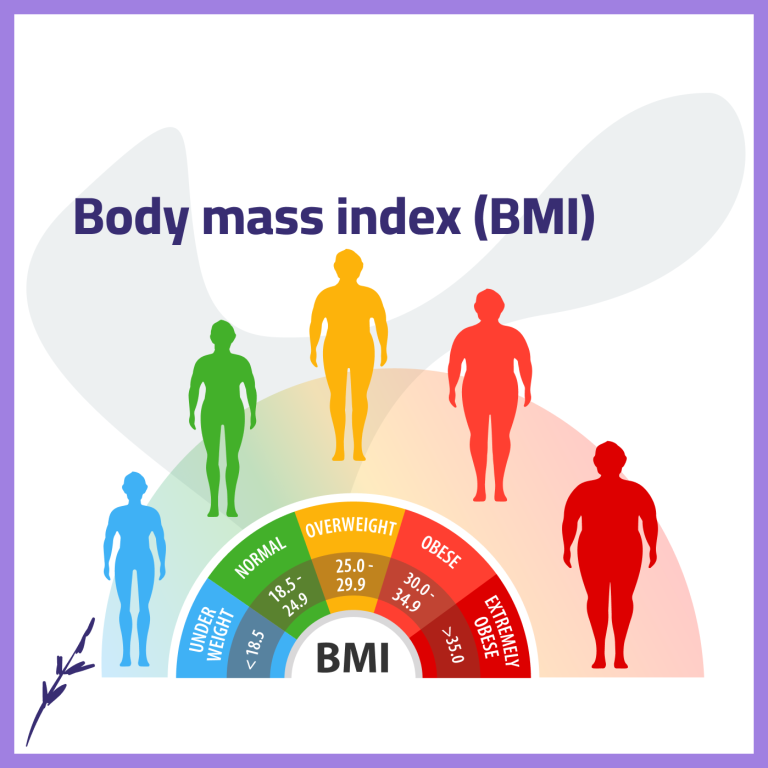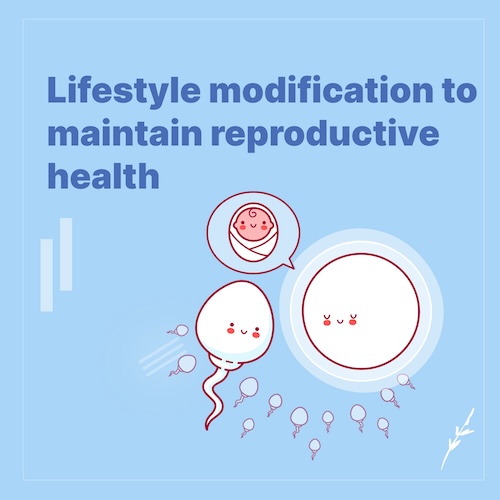The effect of exercise on fertility
Exercise is widely recognized as a cornerstone of good health. It supports cardiovascular function, mental well-being, metabolic balance, and immune strength. When it comes to fertility, however, exercise plays a more nuanced role. Physical activity can either support or hinder your chances of conception, depending on its type, intensity, duration, and how well it aligns with your body’s needs.
For individuals and couples trying to conceive, understanding how exercise interacts with reproductive health is essential. Fertility is highly sensitive to hormonal signals, energy balance, and overall physical stress. Exercise directly influences all of these factors, which is why the right amount of exercise can be beneficial, while too much can become counterproductive.
How Exercise Supports Fertility
When practiced appropriately, exercise can enhance fertility in both women and men through several important mechanisms.
Improved Blood Circulation
Moderate physical activity improves blood flow throughout the body, including to the reproductive organs. Better circulation supports:
- Ovarian and uterine health in women
- Testicular function and sperm production in men
Adequate blood supply helps deliver oxygen, nutrients, and hormones that are essential for healthy egg development, sperm quality, and implantation.
Hormonal Regulation
Exercise can help stabilize hormones involved in reproduction by:
- Improving insulin sensitivity
- Reducing excess inflammation
- Supporting healthy estrogen and testosterone levels
This is particularly important for individuals with conditions such as insulin resistance or mild hormonal imbalances, which can interfere with ovulation or sperm production.
Stress Reduction
Chronic psychological stress is a known disruptor of fertility. Exercise helps lower stress hormones such as cortisol and supports the release of endorphins, which improve mood and emotional resilience.
Lower stress levels are associated with:
- More regular ovulation
- Improved libido
- Better adherence to healthy lifestyle habits
Weight Management
Maintaining a healthy body weight is crucial for fertility. Moderate exercise helps prevent:
- Obesity-related ovulatory disorders
- Reduced sperm quality associated with excess body fat
- Metabolic disturbances that affect hormone production
A balanced energy state signals the body that conditions are favorable for reproduction.
When Exercise Becomes Harmful to Fertility
While exercise has many benefits, excessive or overly intense physical activity can negatively affect fertility, especially in individuals who are already at a normal or low body weight.
Energy Deficiency and Reproductive Suppression
The reproductive system is highly sensitive to energy availability. When the body perceives an energy deficit—due to high exercise output without adequate nutrition—it may suppress reproductive hormones as a protective mechanism.
This can result in:
- Irregular or absent menstrual cycles
- Anovulation (lack of ovulation)
- Reduced progesterone levels
- Poor implantation conditions
Hormonal Disruption
Intense or prolonged exercise can alter key reproductive hormones, including:
- Estrogen
- Progesterone
- Luteinizing hormone (LH)
- Follicle-stimulating hormone (FSH)
Disruption of these hormones may reduce egg quality, interfere with ovulation timing, and lower the chances of successful conception.
Physical Stress and Immune Impact
Overtraining places significant stress on the body and may lead to:
- Chronic fatigue
- Increased susceptibility to infections
- Higher inflammation levels
- Slower recovery
All of these factors can indirectly impair fertility by diverting resources away from reproductive processes.
How Much Exercise Is Optimal for Fertility?
There is no universal prescription for the “perfect” amount of exercise for fertility, as individual responses vary based on genetics, nutrition, stress levels, and baseline fitness. However, research and clinical observations provide helpful general guidelines.
Moderate Exercise: The Sweet Spot
Moderate physical activity—typically defined as more than 1 hour but less than 5 hours per week—has been associated with improved fertility outcomes in many women.
Examples include:
- Brisk walking
- Swimming
- Light cycling
- Pilates or yoga
- Low- to moderate-intensity strength training
This level of activity supports metabolic health and hormonal balance without placing excessive stress on the body.
Excessive or High-Intensity Exercise
Engaging in:
- More than 7 hours of exercise per week, or
- High-intensity workouts exceeding 4 hours per week
may increase the risk of ovulatory disturbances and reduced fertility, particularly in women of normal or low body weight.
High-impact and high-intensity activities may include:
- Long-distance running
- Intense HIIT sessions
- Competitive endurance sports
- Heavy daily training without rest days
Exercise Considerations for Men
While much of the fertility research focuses on women, men are also affected by exercise patterns.
Moderate exercise can:
- Improve testosterone regulation
- Enhance sperm quality
- Support cardiovascular and metabolic health
However, excessive endurance training or anabolic steroid use may:
- Lower testosterone levels
- Reduce sperm count and motility
- Increase sperm DNA damage
Balance and recovery are just as important for male fertility as they are for female fertility.
Choosing Fertility-Friendly Exercise
If you are trying to conceive, consider prioritizing low-impact, restorative, and moderate-intensity activities. These forms of movement support fertility without triggering excessive physical stress.
Recommended options include:
- Walking in nature
- Swimming at a relaxed pace
- Cycling at moderate intensity
- Yoga (especially fertility or restorative yoga)
- Stretching and mobility exercises
Listening to your body is key. Persistent fatigue, missed periods, or declining performance may signal that your exercise routine needs adjustment.
Exercise During Fertility Treatments
For individuals undergoing fertility treatments such as ovulation induction, IUI, or IVF, exercise should be approached with additional care.
Doctors often recommend:
- Avoiding high-impact or twisting movements
- Reducing intensity during stimulation cycles
- Focusing on gentle movement and stress reduction
Always consult your healthcare provider before starting or modifying an exercise routine during fertility treatment.
Final Thoughts
Exercise is a powerful tool for supporting health and fertility—but more is not always better. The goal is to create an environment in which the body feels safe, nourished, and hormonally balanced.
Moderate, enjoyable, and sustainable exercise can:
- Improve circulation
- Regulate hormones
- Reduce stress
- Support healthy body weight
In contrast, excessive or overly intense training can suppress reproductive function and reduce the chances of conception.
If you are trying to conceive, aim for a balanced lifestyle that integrates moderate exercise, proper nutrition, adequate sleep, and effective stress management. By respecting your body’s signals and prioritizing overall well-being, you can support both your fertility and your long-term health.





